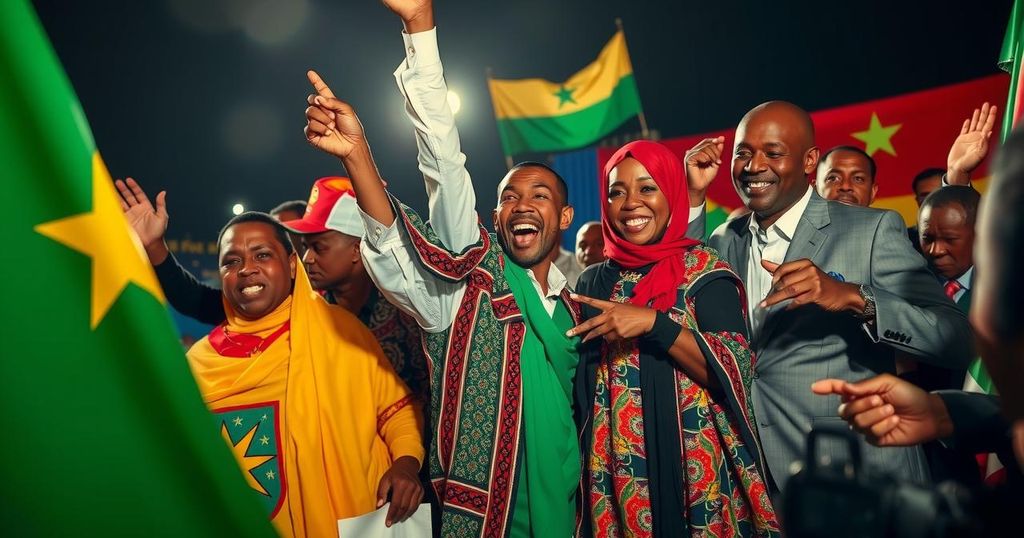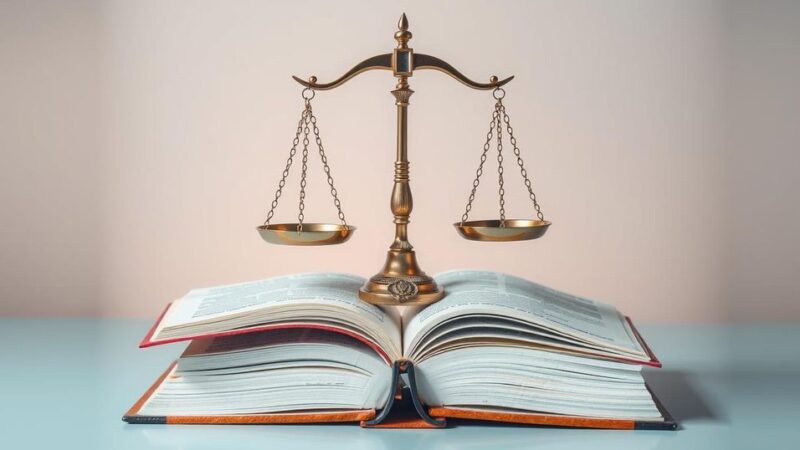Ethiopia has congratulated Somaliland on its recent presidential election, praising it as peaceful and democratic. The Somaliland National Electoral Commission was commended for conducting free elections attended by international observers. However, challenges remain regarding a controversial agreement with Ethiopia, which could exacerbate tensions with Somalia.
Ethiopia has officially acknowledged the successful presidential election recently held in Somaliland, a self-declared independent region of Somalia. The Ministry of Foreign Affairs praised the people of Somaliland for their efforts in conducting what was described as a “peaceful and democratic election.” Somaliland operates a parallel government to that of Somalia’s Mogadishu and undertakes its legislative functions autonomously. Ethiopia has become the first country to commend the electoral process, which witnessed the presence of international observers. In its statement, the Ministry recognized the Somaliland National Electoral Commission for their role in facilitating “free and fair elections.” Furthermore, international partners monitoring the elections, held on November 13, commended the NEC for ensuring a transparent voter registration and candidate nomination process, reflecting the maturity of Somaliland’s governmental and democratic structures. The incumbent president, Muse Bihi Abdi, from the Kulmiye party, competed against Abdirahman Irro of the Waddani party and Faisal Ali Warabe of UCID. Although the precise outcome remains pending, the commission has cautioned against misinformation potentially disrupting the electoral integrity. Regardless of the election’s outcome, Somaliland grapples with the implications of a controversial Memorandum of Understanding with Ethiopia, which has drawn accusations of legal and provocative overreach. This agreement would provide Ethiopia with coastal access for military and infrastructural developments while seeking to bolster recognition of Somaliland as an independent entity. In contrast, Somalia vehemently opposes this arrangement, branding it as an annexation scheme and simultaneously establishing a defense partnership with Egypt to counter perceived threats from Ethiopia.
Somaliland, having declared independence from Somalia over three decades ago, has pursued international recognition while functioning autonomously from the Somali government in Mogadishu. The recent presidential election represents a significant milestone in its governance, further solidifying its claim for recognition. The region has faced ongoing tension and disputes with Somalia, particularly concerning agreements with Ethiopia that allegedly threaten Somalia’s territorial integrity. Ethiopia’s recognition of Somaliland’s election underscores the complexities of regional politics and the quest for legitimacy by breakaway states.
Ethiopia’s recognition of Somaliland’s recent presidential election underscores a pivotal moment for the self-declared independent region, emphasizing its commitment to democratic processes. The outcomes and future diplomatic relations surrounding the contentious Memorandum of Understanding with Ethiopia remain to be addressed. As international stakeholders express their support, the dynamics between Somaliland, Somalia, and Ethiopia will shape the region’s political landscape.
Original Source: www.garoweonline.com






